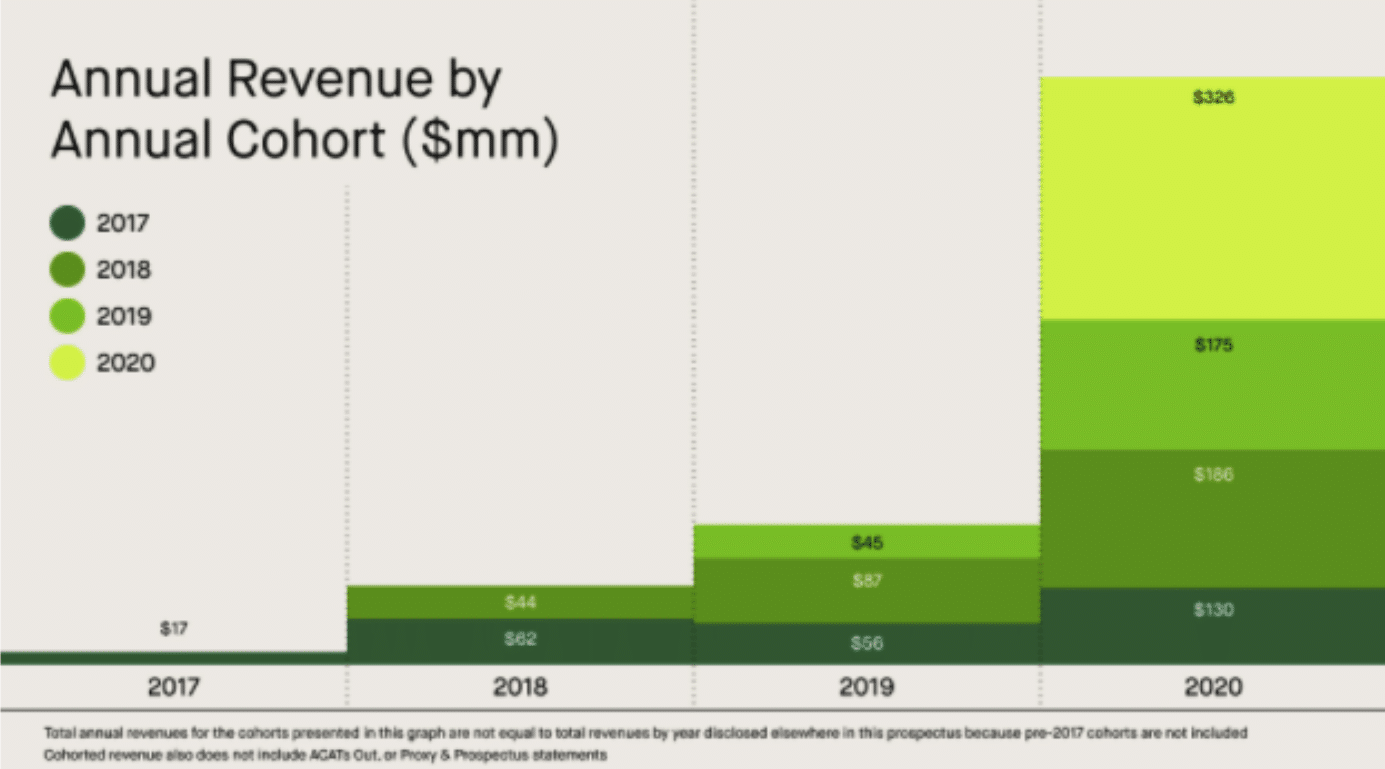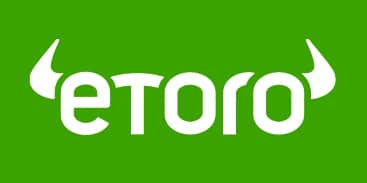Robinhood Stock IPO Launch – 5 Reasons You Should Buy HOOD Stock Now
Please note that we are not authorised to provide any investment advice. The content on this page is for information purposes only.
Robinhood’s widely-expected initial public offering (IPO) is expected to be finally priced today while shares of the brokerage firm will hit the trading floor tomorrow and based on the amount of interest that is currently surrounding the offering chances are that it will be a highly volatile first session.
Robinhood is expected to trade under the ticker symbol “HOOD”, with the company selling 52.4 million shares along with 2.6 million to be sold by top officers including the firm’s Chief Financial Officer Jason Warnick and its founders.
At the moment, the indicated pricing range for the IPO is $38 to $42, which would result in around $2 billion raised by the company if the offering is priced at the mid-point. Meanwhile, approximately 35% of the total shares to be sold to the public have been set aside for users who are currently registered with Robinhood.
With Robinhood becoming the go-to broker for millions of millennials and Gen Z folks in the United States, is this a stock worth buying? The following article shares 5 reasons why you should consider buying some HOOD if you believe the company will continue to be a leading force within the brokerage industry.
#1 – Growing & profitable

Robinhood Revenue Breakdown per Cohort – Source: SEC S-1 Filing
Robinhood losses were accelerating from 2017 to 2020 but were radically trimmed last year as the company experienced a significant jump in revenues that allow it to swing to net profitability.
By the end of 2020, net income landed at $7 million, a significant improvement compared to the $107 million loss reported by the firm in 2019, while revenues more than tripled as they landed at $959 million – up from a previous $278 million reported the year before. Monthly active users also nearly tripled, ending last year with 11.7 million MAUs.
Interestingly, even though the firm experienced a significant jump in its top-line results from the pandemic tailwind, more than 60% of its 2020 revenues came from users that registered during the three previous years. This shows that not only its user base has grown, but also transaction volumes and activity within the platform from previous users have also climbed.
To further illustrate this, Robinhood has reported sustained increases in average revenues per user (ARPU) as they moved from $37 in 2017 to $108.9 by the end of 2020.
Higher expected revenue growth resulting from increased trading volumes, a growing user base, and ARPUs should allow the firm to keep delivering the kind of results seen in the past while the fact that it reported net profits last year shows that the company could be entering a new stage of its development that could bring satisfactory results for shareholders moving forward.
#2 – Industry disruptive
Robinhood has become a modeling force in the global brokerage industry starting with the introduction of zero-commission trading services for all the instruments that can be transacted through its platform.
Shortly after the firm proved to be successful at attracting thousands of investors through this value proposition, other players in the brokerage landscape started to follow through as customers flocked to Robinhood.
Moreover, the company charges one of the lowest margin rates and offers innovative features including the “Instant Deposits” alternative, which allows users to immediately access and deploy their deposited funds without having to go wait the usual clearing times imposed by its rivals.
Robinhood’s ability to disrupt and change the brokerage landscape is one of the elements that make the firm appealing as it continues to become a leading force for change in what has been an overly traditional and pragmatic corner of the financial services industry for decades.
#3 – Catering to a niche customer base
Robinhood primarily caters to a young audience and it has been quite successful at doing so. According to numbers released by the company as part of its S-1 filing, Robinhood indicates that more than half of Americans who are 18 years or older knows what the company does while the firm’s mobile app has ranked #1 in the Apple App Store in the Finance category multiple times.
Moreover, the company also caters to first-time investors and has also been successful at attracting them as more than 50% of its 17.7 million active users belong to this group.
The company’s strong focus on this largely unattended audience is quite promising as a survey from Pew Research from 2019 indicates that almost 70% of young adults in America had no money invested in the stock market – a reality that Robinhood could successfully change via its user-friendly and educational trading platform, referral program, and innovative product offering.
#4 – Providing access to innovative financial vehicles
Not many traditional brokerage firms nowadays are offering access to the cryptocurrency market and that has also presented an opportunity for Robinhood to stand out from the crowd as the company currently supports trading for a total of three different tokens: Bitcoin, Ethereum, and the controversial meme token Dogecoin.
During the three months ended on 31 March, Dogecoin transactions generated as much as 34% of the firm’s cryptocurrency transaction-based revenue. Even though this has been cited as a risk factor in Robinhood’s S1 filing, it shows that the firm has been able to identify and exploit a promising market opportunity that other brokers have failed to tap on.
Even though the Dogecoin frenzy may fade in the future, Robinhood has proven that it can keep up with what young investors are doing and it has managed to use that in its favor to prepare appealing product offerings that meet those demands.
#5 – Untapped revenue sources
With brokerage fees being slashed across the board, firms like Robinhood must find ways to continue to grow their revenues in the future. At the moment, most of the company’s revenues come from order flow selling – a somehow controversial practice that has put the firm in the spotlight many times.
However, moving forward, Robinhood may find new sources of revenue involving the offering of innovative products related to cryptocurrency, options, and passive investing.
For example, Robinhood only offers taxable investment accounts at the moment but could look into offering tax-advantaged accounts like individual retirement accounts (IRA) in the future to a young generation that is largely unserved by its rivals.
Moreover, the company plans to expand internationally and that could open further opportunities to continue to grow revenues in the near future for the brokerage firm.






